From “Regular Punter” To US Open Champion - Phil Kenyon On Matt Fitzpatrick's Rise To Major Glory
The renowned putting coach discusses the Englishman's development, professionalism and abilities with the flat stick
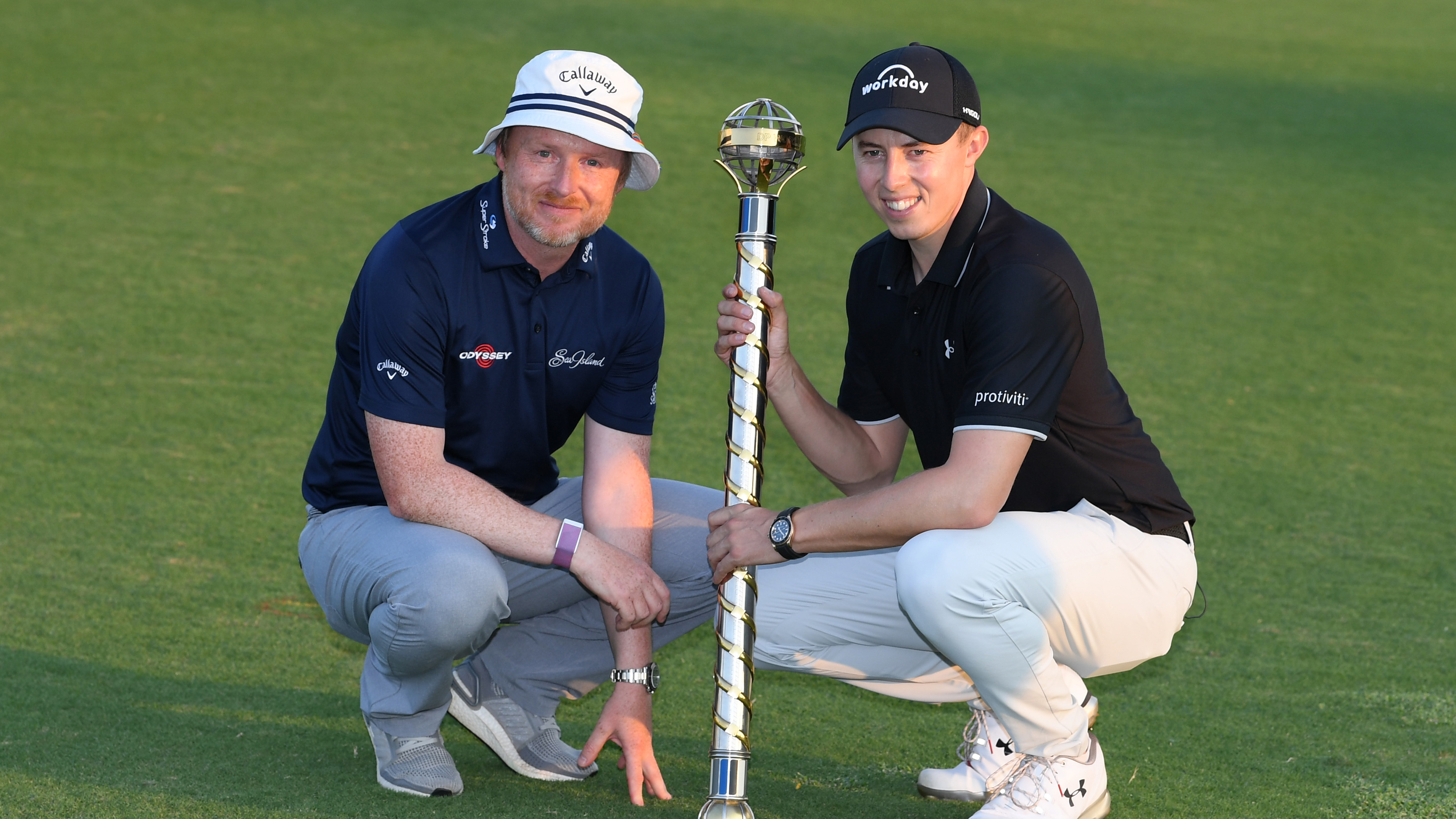
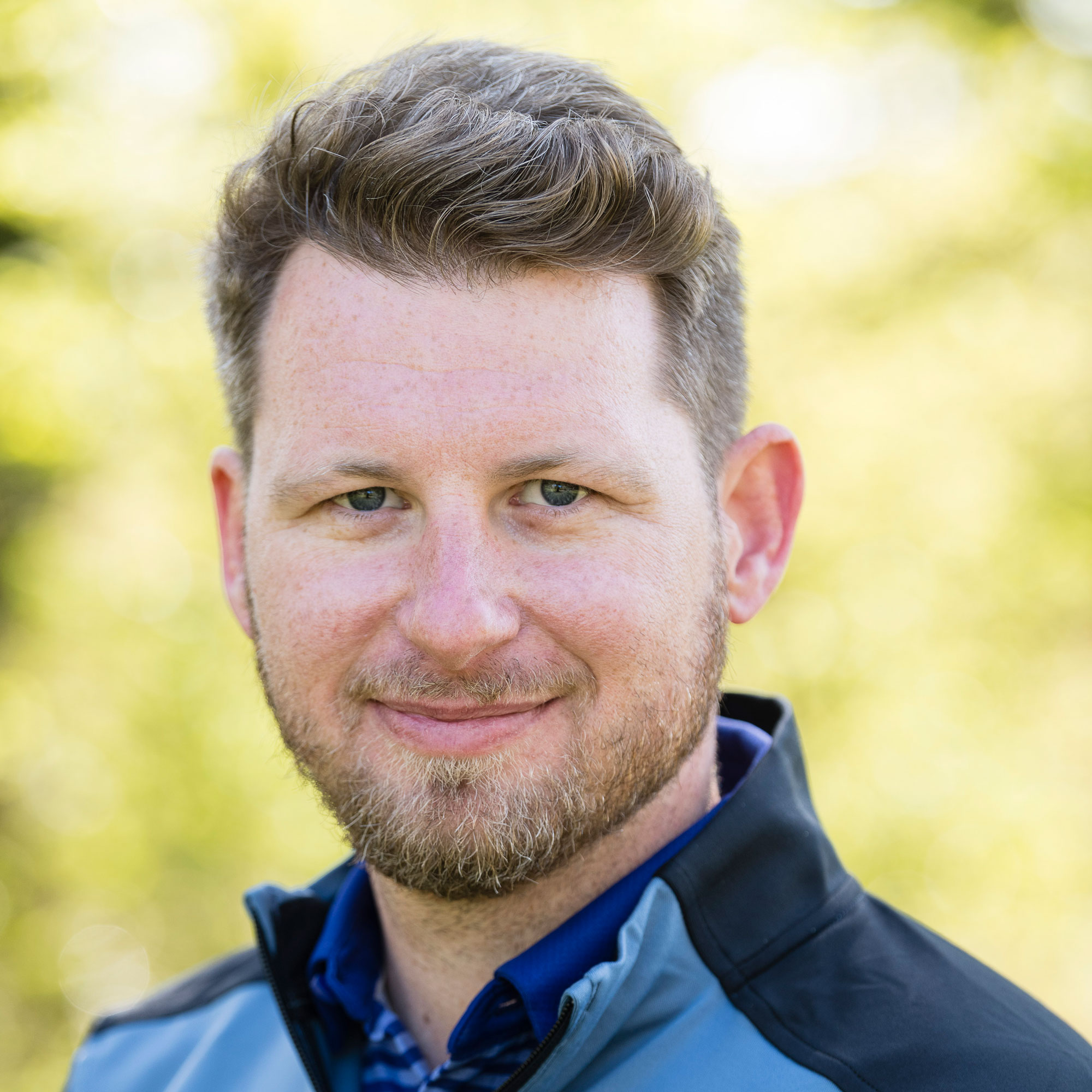
When Matt Fitzpatrick first went to see renowned putting coach Phil Kenyon, there was nothing outwardly obvious that this was a prospect who would one day become a Major champion. But then again, he was only 15.
Thirteen years on, Fitzpatrick is now the first Englishman to win the US Open since Tony Jacklin in 1970. The steely Sheffielder has become one of the best drivers in the game after adding speed and therefore distance to his famed accuracy, but it is his ability with a putter in hand that has been the bedrock of his success since joining the pro ranks in 2014.
His technique is his own and we spoke to his long-time coach Kenyon to find out more about Fitzpatrick's journey from "regular punter" to US Open champion.
How long have you been working with Matt?
Since he was 15. He came for a lesson like a regular punter. Harold Swash was still around. We fitted him for a putter that he still used up until a couple of years ago. Bettinardi made him an exact replica that he uses now.
Was it clear that he had a really big future at that early stage?
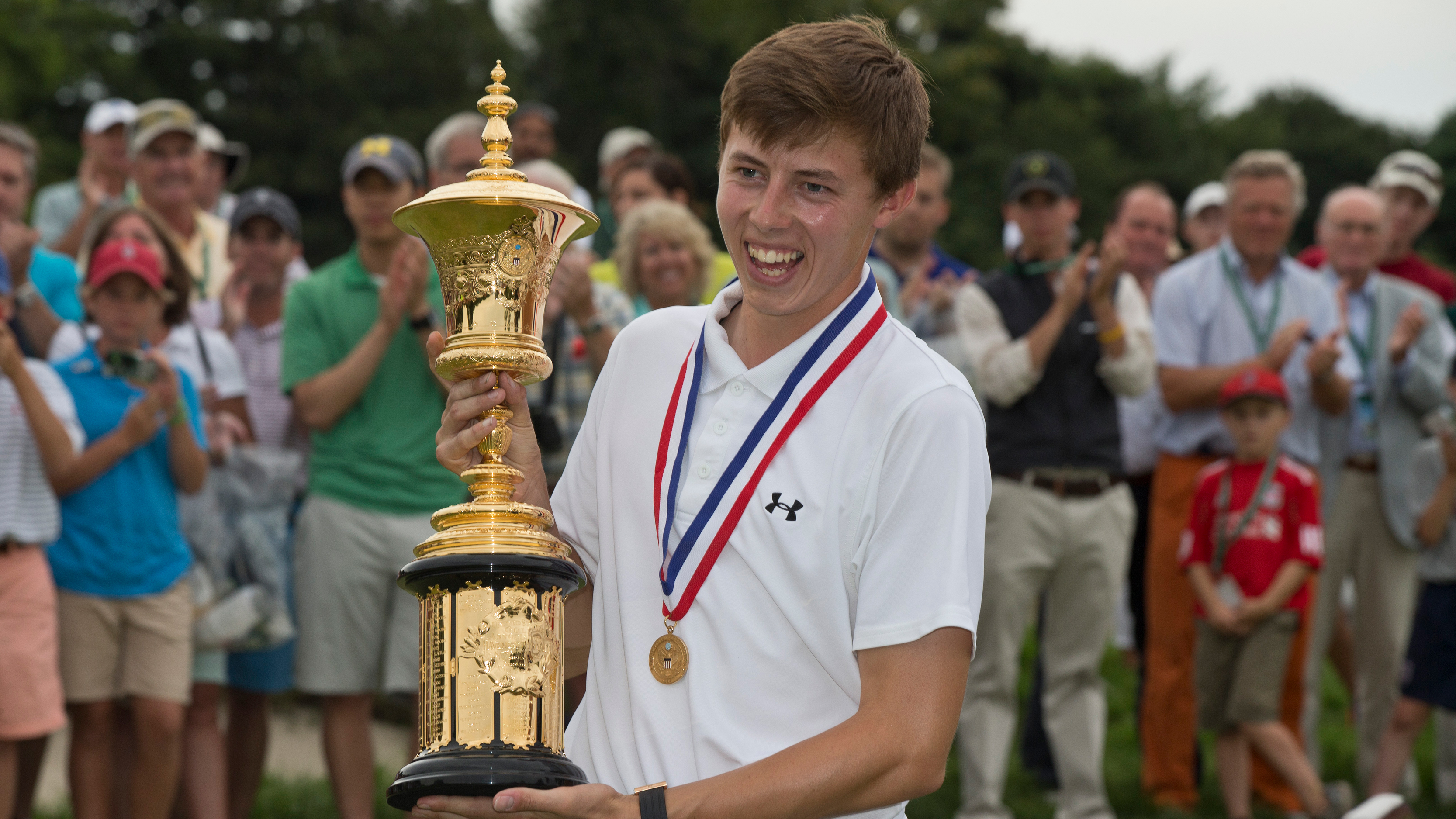
Fitzpatrick won the US Amateur in 2013 before turning pro the following year
Well, not really. You never really know at that age. I’ve been around a lot of young golfers through working with England squads and it’s really difficult to predict the future. There are so many talented players who don’t go on and do well.
Matt was never anyone that presented physical qualities that made you think this boy is destined for stardom. But he always had an attitude, application and work ethic that you knew he’d embark on some sort of a journey. But you didn’t know what that journey would entail. I think he’s always done something ahead of the time when you’d expect him to do it. So when he won the US Amateur it was a bit, ‘he’s done well there, hasn’t he?’
How would you rate his putting now, and what have you worked on over the years?
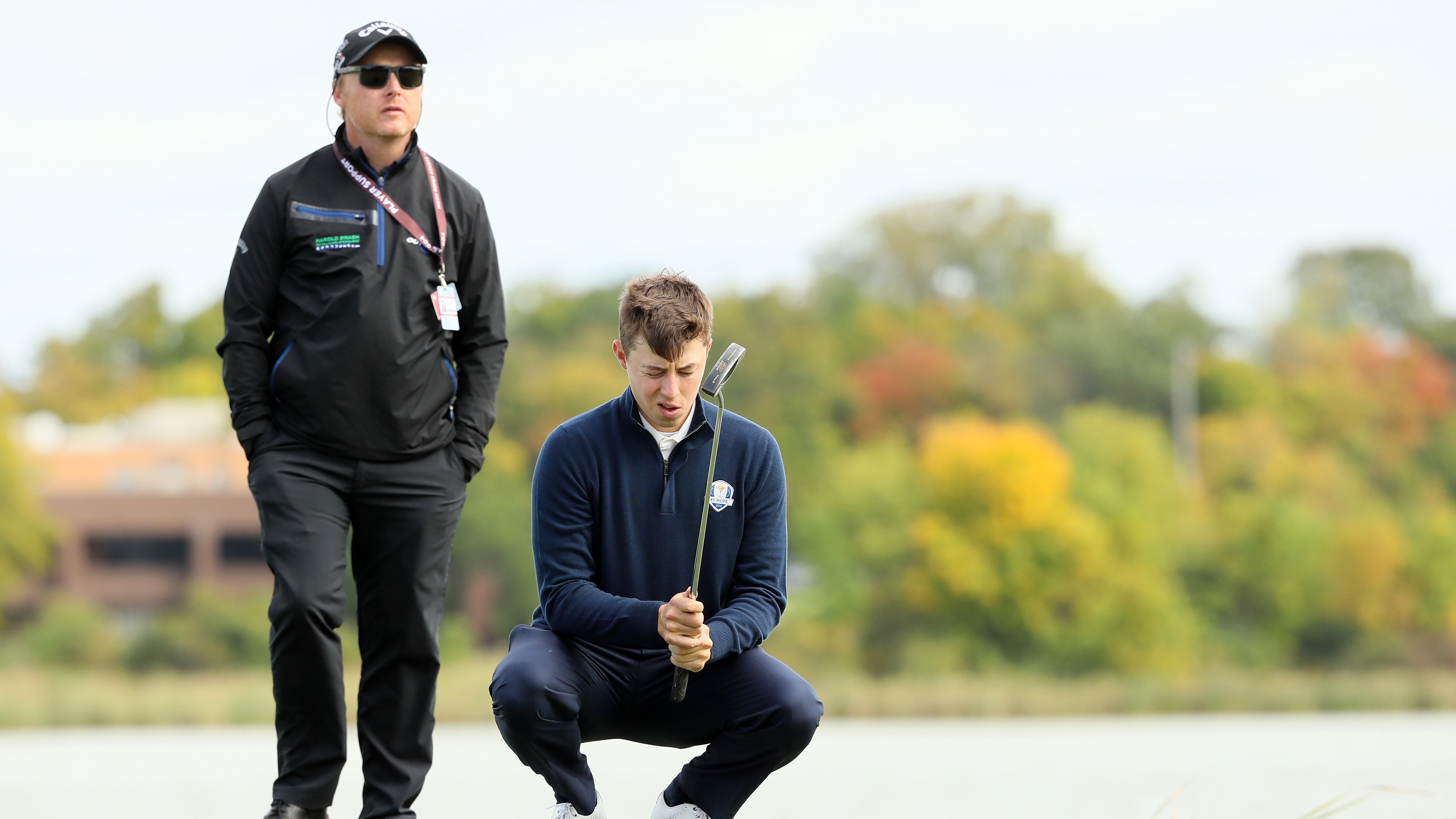
Fitzpatrick and Kenyon working together at the 2016 Ryder Cup
One of the things Matt does really well is he’s always worked on elements of his technique, but he’s never got bogged down by that. He has an innate ability to take what he’s got and go and putt well with it. He’s naturally a very good green-reader. That aspect comes quite easy to him and it’s very intuitive.
Get the Golf Monthly Newsletter
Subscribe to the Golf Monthly newsletter to stay up to date with all the latest tour news, equipment news, reviews, head-to-heads and buyer’s guides from our team of experienced experts.
For me, over the years it’s been trying to help him not go down the wrong avenue and being a mirror for him to see things clearly and get the best out of himself. Early on you’re working on certain principles. Matt does a few things that are quite unique to him. When he went to university in America, the coaches were trying to change that and that was quite a difficult period for him at the time because he was living overseas and didn’t play too well at university and the academic side was tough.
He was getting challenged a bit by his coaches. But I always felt Matt was a really good putter and he didn’t need to make those changes. What he had was going to be good enough – he just had to keep on doing that as he developed and matured as a putter. I always felt Matt had the qualities to be a great putter very early on.
How impressive is his work ethic?
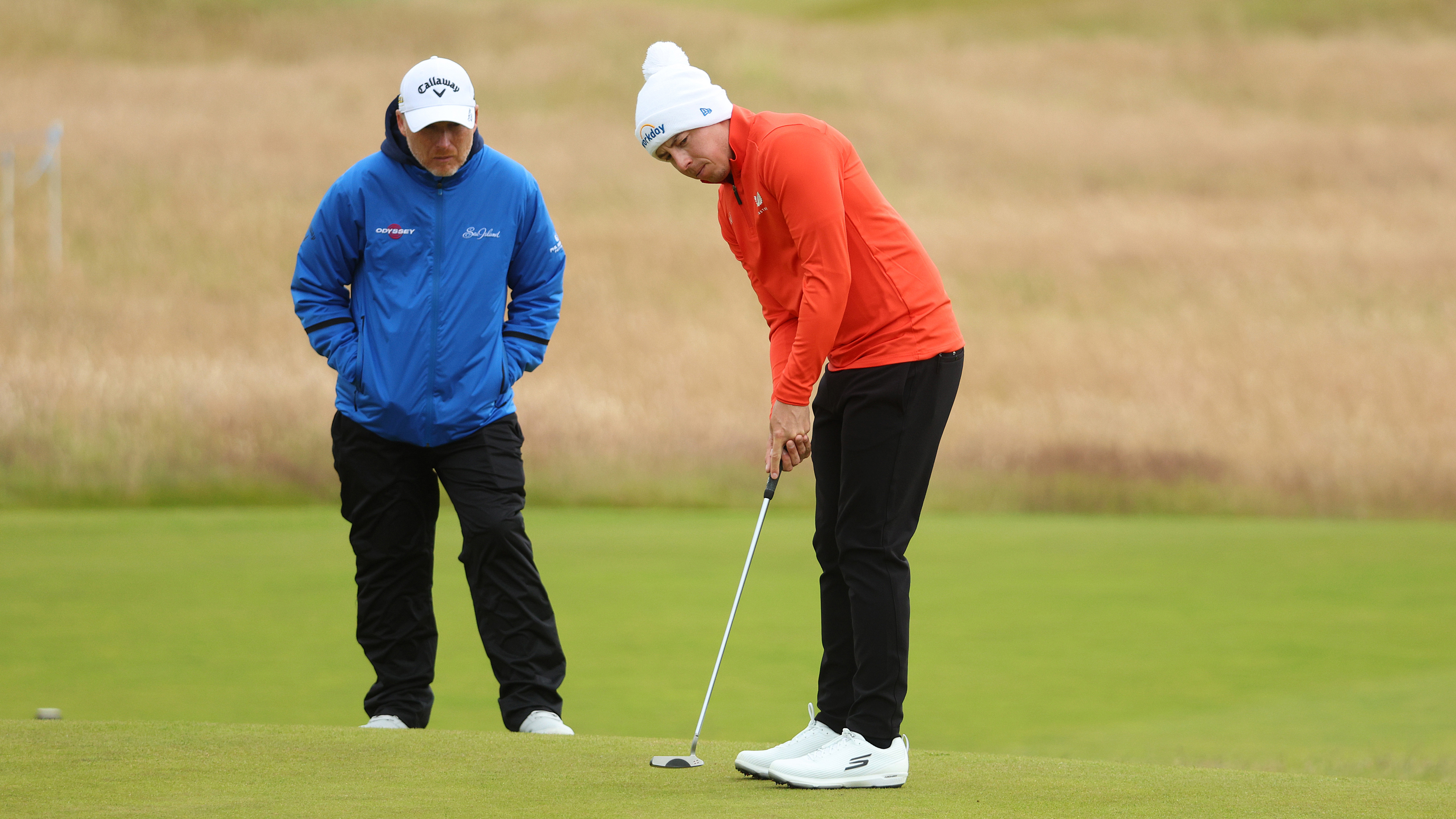
Fitzpatrick has left no stone unturned in his pursuit of success as a professional golfer
He’s got a great work ethic. But it’s not just the volume of work, it’s how smart he works. It’s his professionalism. He’s very diligent. Golf is a very individual game, and when you look at golfers, they’re effectively CEOs of their own corporation. But many of them don’t operate like a CEO or aren’t equipped to make a decision like a CEO – Matt is. He’s very much at the helm of his organisation and he’s driving that.
No stone is left unturned. He’s got numerous people involved. Steve Robinson is his practice coach and he’s got Edoardo Molinari involved in his stats. Mike Walker, Sasho MacKenzie getting involved helping him from a speed perspective, Matthew Roberts doing strength and conditioning, he’s worked with a psychologist. So he’s looked at every avenue to try and get better and he’s very much involved in making those decisions.
Given how long you’ve known him and the journey you’ve been on, how did it feel seeing him win the US Open?
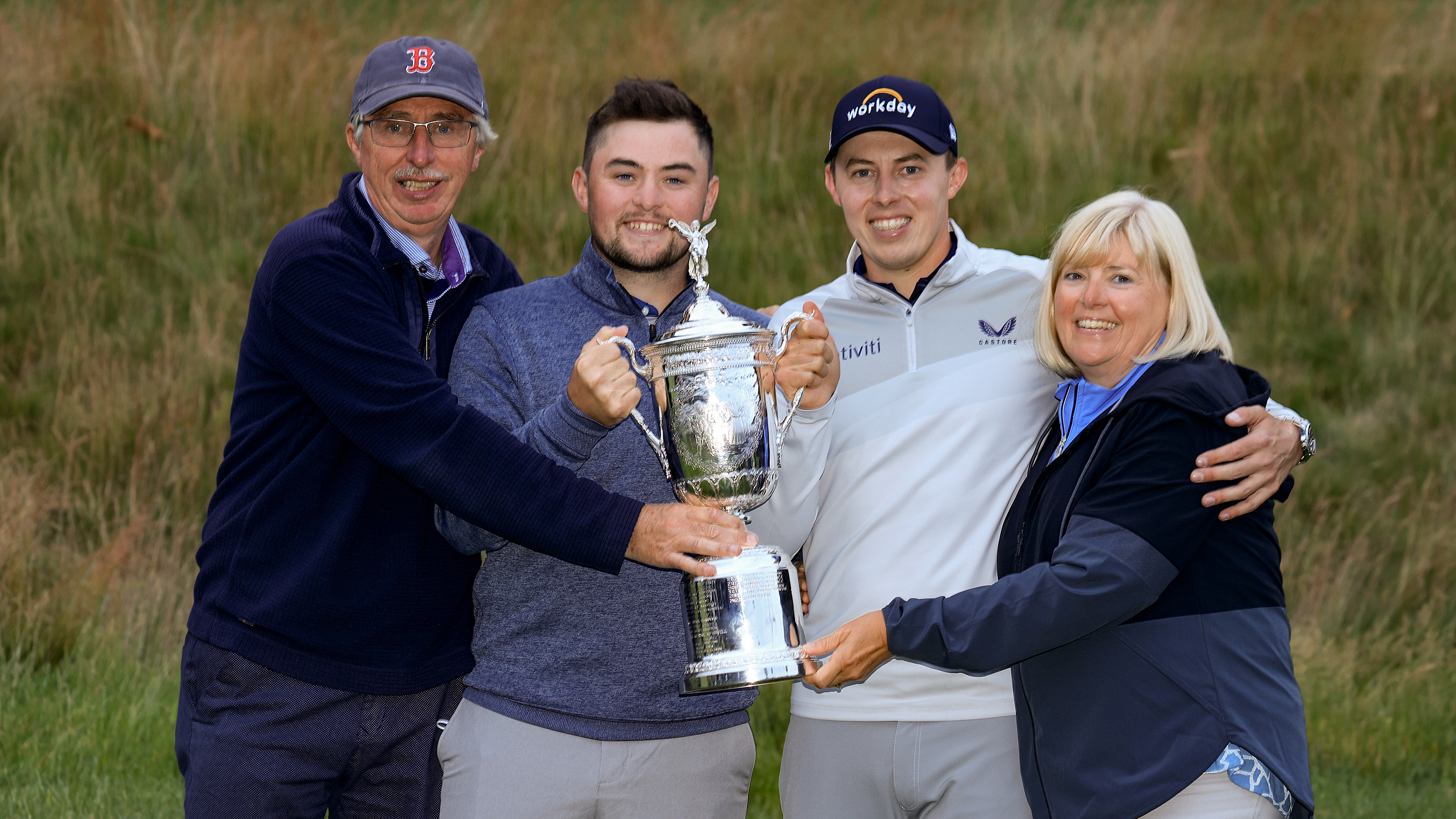
The Fitzpatrick family celebrating Matt's thrilling US Open win
It’s amazing. When you say it like that, it kind of makes you feel a little bit emotional. The hairs have just stood up on my arms. No one works harder and he’s applied himself over his short career so well, it’s just nice to see someone who has those dreams and works so hard achieve something. Because you see it step by step, it just means a little bit more.
It’s been a real high to see him enjoy that moment and see how much it means to him. During the celebrations, you could see how giddy he was. His family as well, Russ and Sue and his brother Alex, are such good people, down to earth people, so to see them experience that with their son and brother is phenomenal.
Kit Alexander is a golf broadcaster and journalist who commentates and presents for the DP World Tour, PGA EuroPro Tour and Rose Ladies Series. He has over 15 years’ experience of magazine and television work in the golf industry and is a regular contributor to Golf Monthly.
-
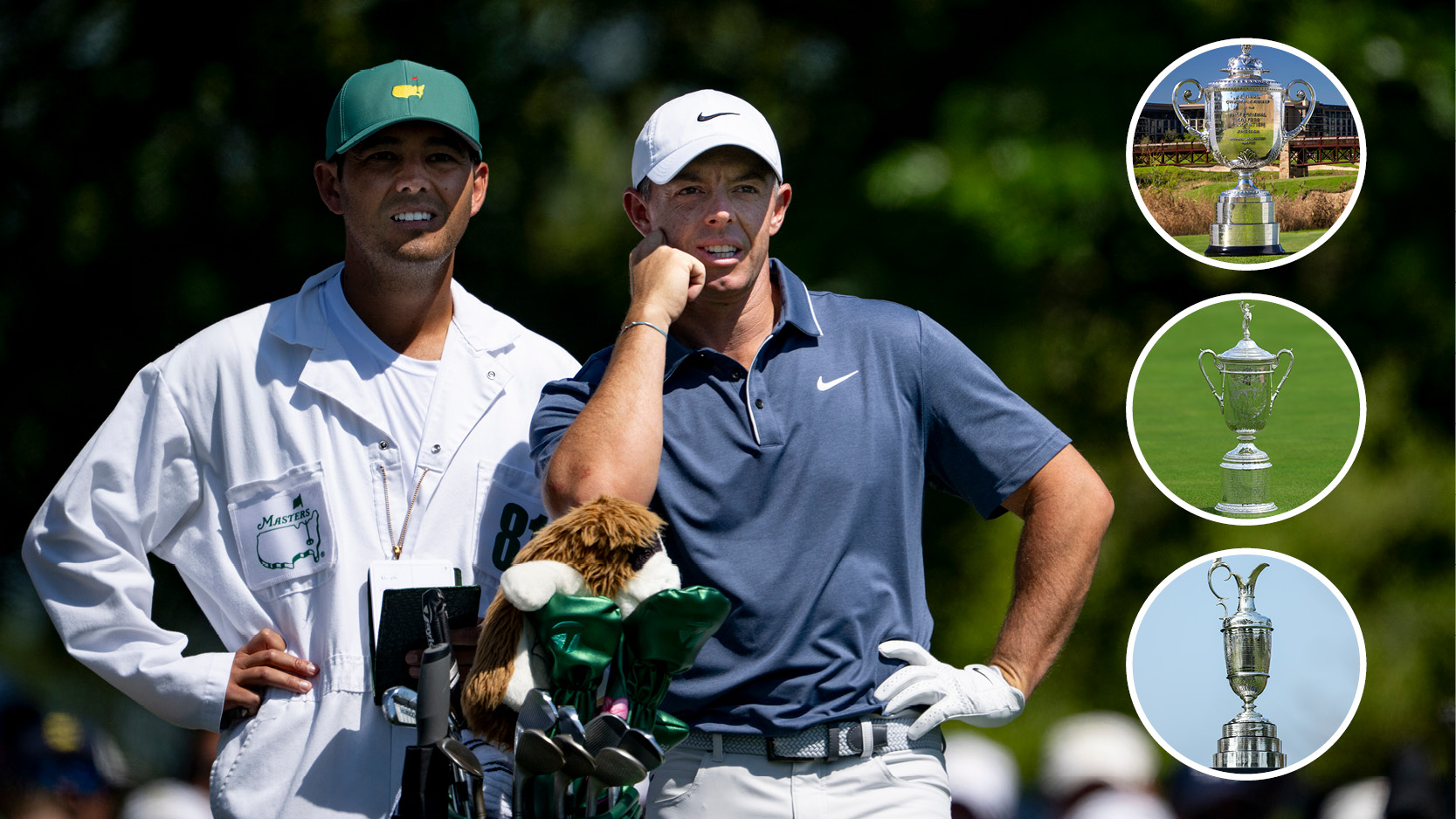 'You Can't Win Them All If You Don't Win The First' - McIlroy Grand Slam Odds Shorten After Masters Victory
'You Can't Win Them All If You Don't Win The First' - McIlroy Grand Slam Odds Shorten After Masters VictoryMcIlroy completed the Career Grand Slam after winning The Masters, with his odds of claiming the Grand Slam in 2025 slashed after his Green Jacket victory
By Matt Cradock Published
-
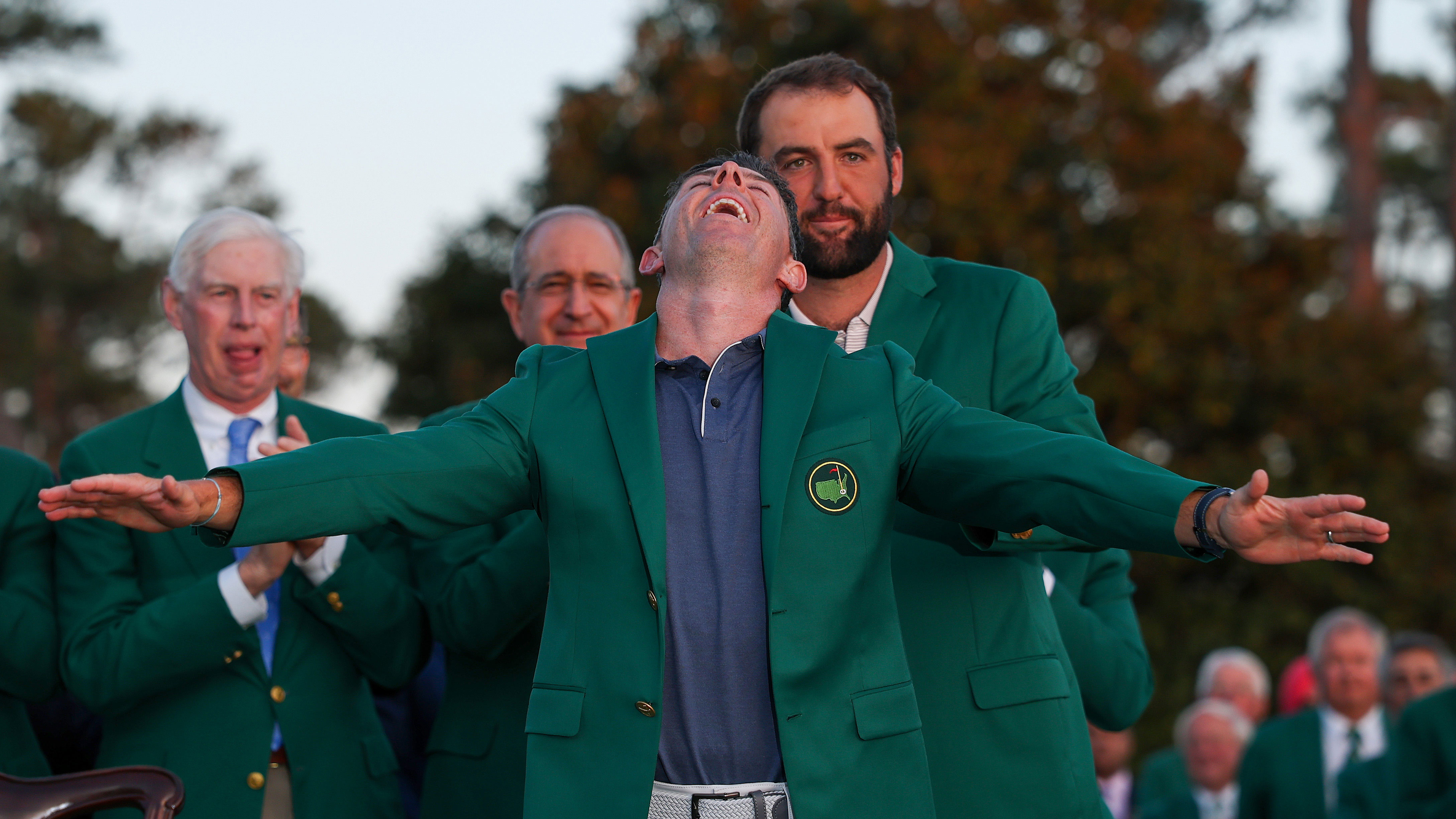 'It Was A Nice Touch And A Little Bit Ironic At The Same Time' - Past Champion Makes Heartfelt Gesture To Rory McIlroy Before Masters Victory
'It Was A Nice Touch And A Little Bit Ironic At The Same Time' - Past Champion Makes Heartfelt Gesture To Rory McIlroy Before Masters VictoryThe Northern Irishman received a good luck message in his locker from a certain former champion prior to Sunday's find round
By Michael Weston Published